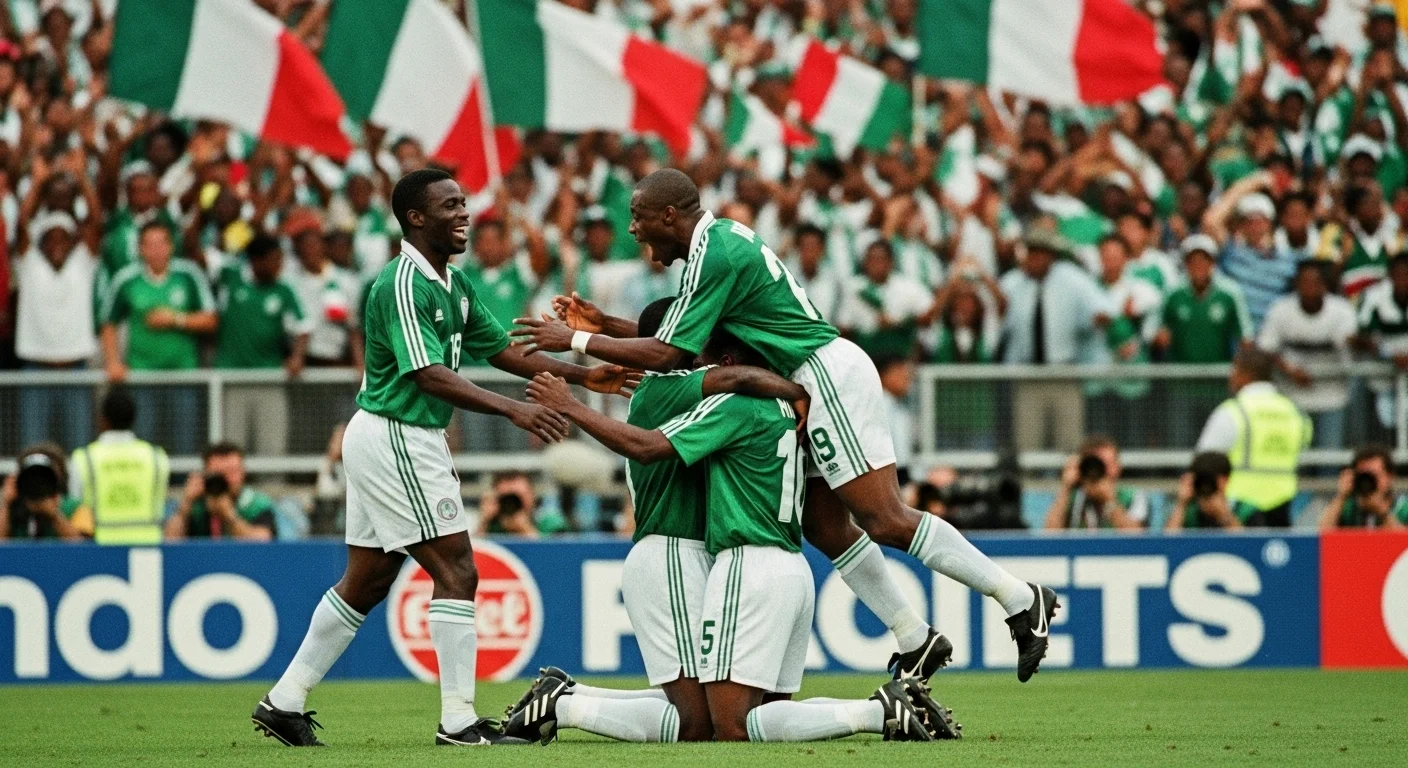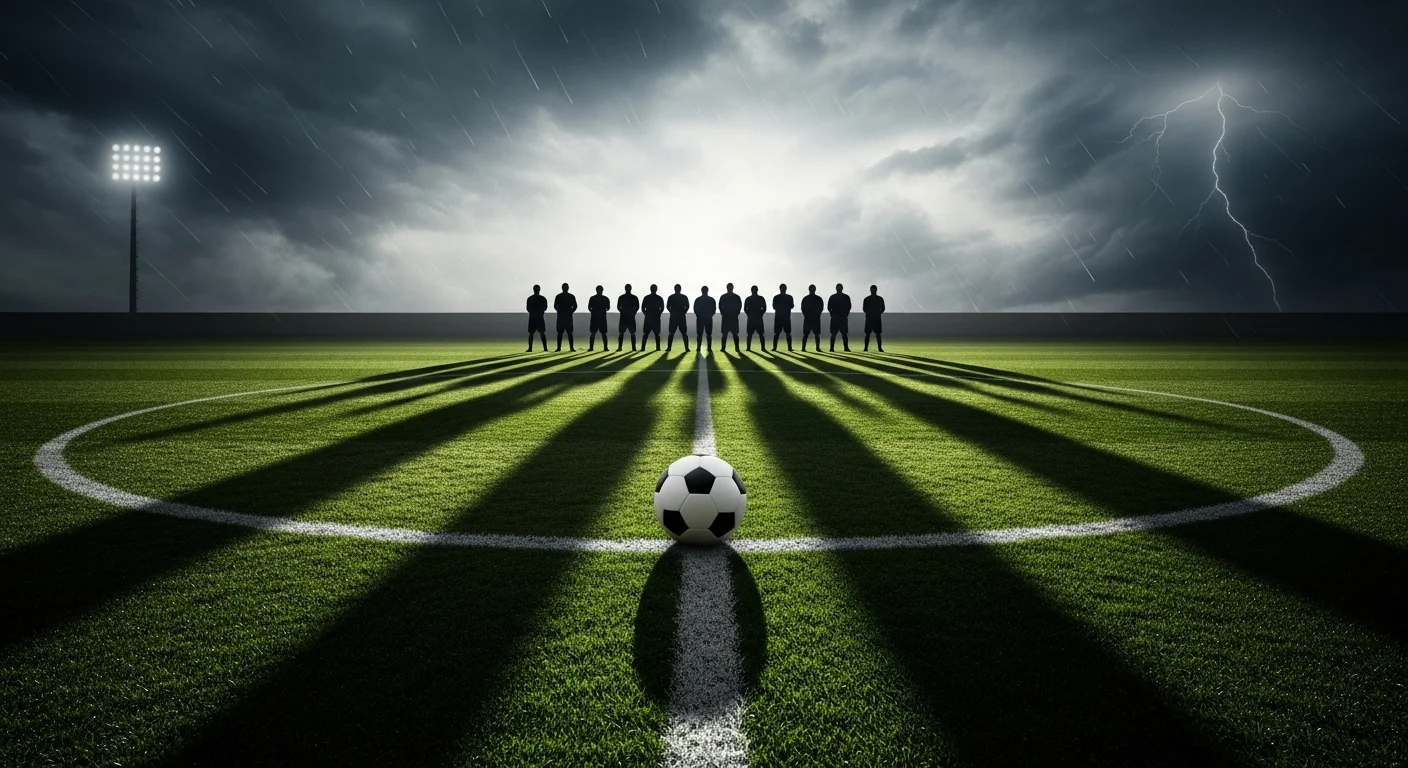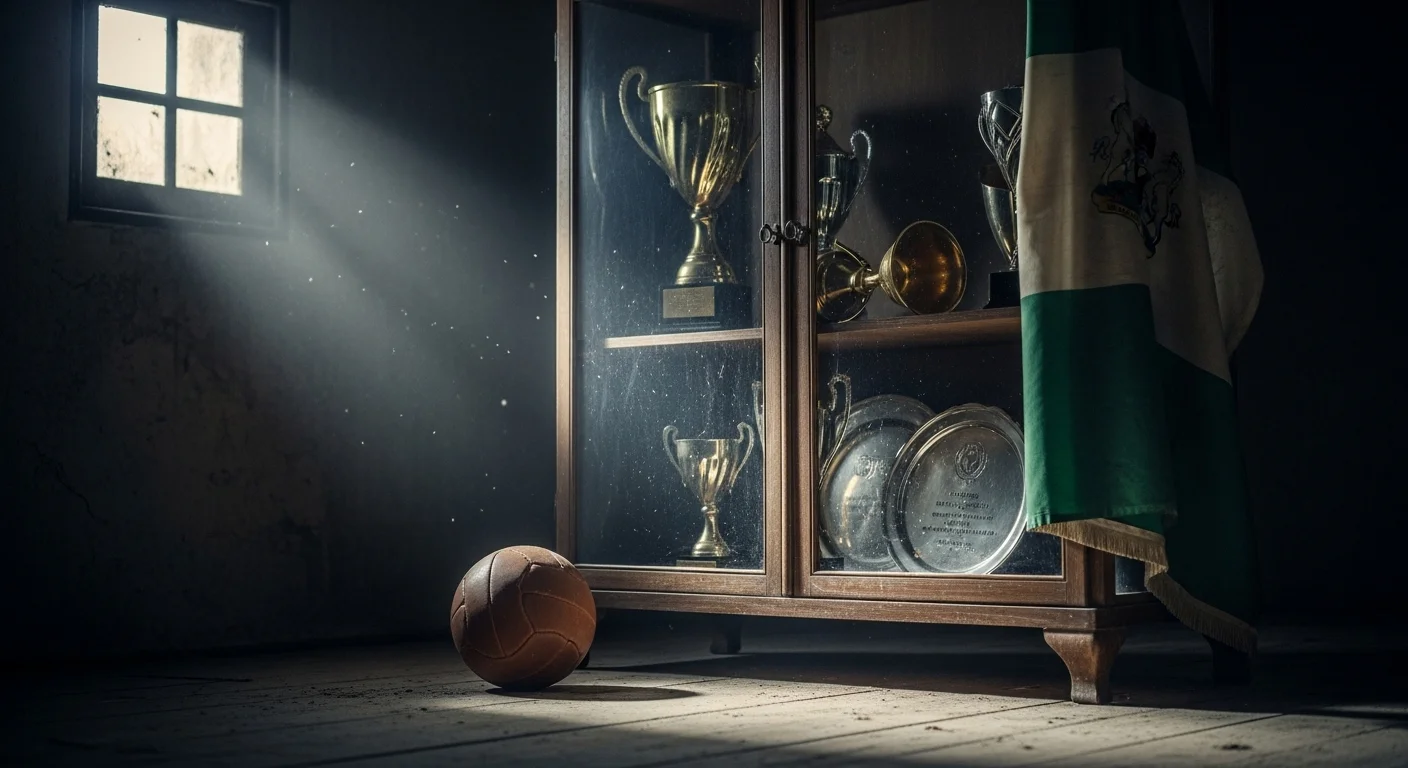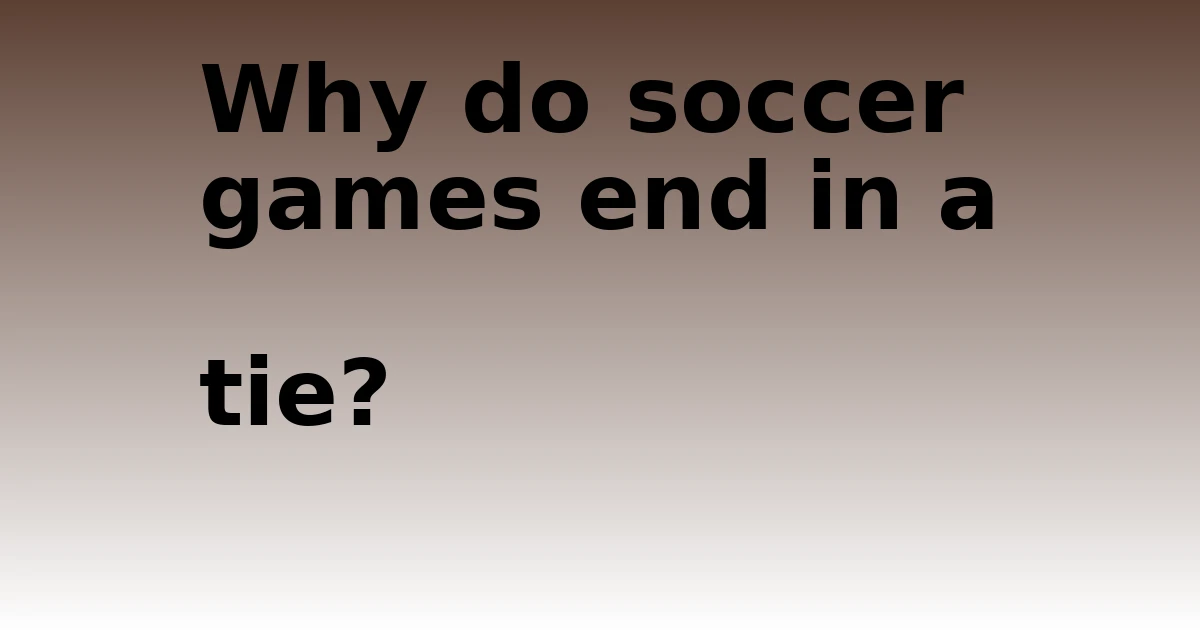Once ranked fifth globally, Nigeria’s Super Eagles have squandered their 1990s “Golden Generation” legacy, resulting in a humiliating twelve-year World Cup drought.
They’ve plummeted to 41st after failing to qualify for 2026, a catastrophe fueled by administrative chaos.
Players led by William Troost-Ekong boycotted training over unpaid bonuses, while coaches bizarrely blamed voodoo for critical losses. NFF corruption has crippled the squad’s potential, but the full scope of this decline exposes even deeper structural failures.
The Legacy of the 1990s Golden Generation
When the Super Eagles ranked as the fifth-best national team in the world roughly 30 years ago, they sat ahead of traditional giants like France, Italy, and Argentina.

This golden era debuted at the 1994 World Cup, topping a group containing Argentina months after claiming their second African Cup of Nations.
They nearly stunned Italy in the Round of 16, leading until the 88th minute.
Their momentum peaked at the 1996 Atlanta Olympics, where they snatched gold by defeating mighty Brazil and Argentina.
Stars like Jay-Jay Okocha and Nwankwo Kanu defined this “Africa’s Brazil,” mesmerizing everyone with their flair.
The Catastrophe of the 2026 World Cup Qualification Campaign
That dazzling history has crumbled, leaving the Super Eagles to face a catastrophic qualifying campaign for the 2026 World Cup.
Despite FIFA expanding Africa’s automatic slots to nine, Nigeria didn’t secure a berth. They finished the group stage humiliatingly below South Africa and level with Benin.
This failure confirms a painful twelve-year World Cup absence spanning the entire 2020s. In the playoffs, the team succumbed to DR Congo on penalties.
Now ranked 41st globally, ten places beneath Panama, the Federation apologized. They called this elimination a “moment of profound sadness” for the crushed population. It signifies a definitive nadir.
Training Boycotts and Disputes Over Unpaid Bonuses
Although the team eventually defeated Gabon in Rabat, a bitter pre-match training boycott over unpaid wages severely derailed their preparations. Led by captain William Troost-Ekong, the squad unanimously refused to train until the federation paid outstanding bonuses totaling just over $130,000.
Guardian reporter Osazu Obeuana detailed why they weren’t training, noting the Federation’s history of financial mismanagement. Even as NFF CEO Muhammad Sanusi publicly denied the debt, the standoff highlighted a fractured relationship between the administration and athletes.
Despite clinching a 4-1 win with Victor Osimhen’s brace, the dispute created an atmosphere of chaos that seriously distracted the squad.
Fatigue and Voodoo Accusations Following the DR Congo Defeat
Since the team endured a grueling 120-minute battle to defeat Gabon, their energy levels noticeably plummeted during the playoff final just three days later against DR Congo.
They lacked intensity, forcing a penalty shootout where they lost.

After the DR Congo goalkeeper saved the decisive kick, Nigeria head coach Eric Chelle didn’t focus on the squad’s exhaustion or the congested schedule.
Instead, he accused the opposing staff of practicing voodoo. This bizarre deflection underscored the chaos surrounding the camp. They couldn’t manage the quick turnaround, so they blamed dark magic for the heartbreaking failure to reach the World Cup.
A Wealth of Talent: From Youth Champions to Underachievers
Blaming the supernatural seems particularly absurd considering the sheer volume of natural ability available to the national team. With over two hundred million people and a youthful average age, Nigeria possesses an immense talent pool.
The streets of Lagos and Abber teem with gifted players who’ve consistently dominated international youth tournaments. In fact, the Golden Eaglets hold a record five FIFA U-17 World Cup titles, surpassing even Brazil, while the Flying Eagles boast seven U-20 continental trophies.
Sadly, this dominance doesn’t translate to the senior stage. Instead, systemic failures guarantee that these world-beating prodigies rarely progress to adult glory.
The Disconnect Between Global Star Power and Team Performance
While individual brilliance shines brightly in Europe’s top leagues, it curiously dims the moment these players return to international duty.
Victor Osimhen leads Galatasaray in Champions League scoring and Adam Olayinka claims Europa League hat-tricks, yet they can’t replicate this dominance for Nigeria.
This star-studded squad lacks vital cohesion. During the playoff against DR Congo, the team displayed a shocking lack of intensity, losing on penalties.
Individual accolades haven’t stopped the Super Eagles’ slide to 41st in FIFA rankings. Instead of silverware, they produce disjointed performances, leaving frustrated fans wondering why club icons consistently fail wearing the national jersey.
Deep-Rooted Corruption and Financial Scandals in the NFF
This lack of on-field cohesion frequently stems from a chaotic administration that undermines the players, as the Nigeria Football Federation (NFF) has become practically a byword for corruption.
Scandals plague the organization, ranging from Amos Adamu’s FIFA bans for bribery to a notorious 2013 match-fixing incident where games ended with absurd 79-0 scores.
Officials frequently face blame for missing funds, sparking unpaid bonus disputes that distract the squad.
In 2019, courts accused executives of embezzling an $8.4 million FIFA grant. This endless graft hasn’t just stained the federation’s reputation; it’s actively sabotaged the national team’s potential by draining resources.
The Collapse of Nigerian Club Football on the Continent
Even though Nigerian teams celebrated back-to-back CAF Champions League titles in the early 2000s, no club has reached a major continental final in over 20 years. It’s a drought highlighting a staggering decline in domestic quality.

While fans once expected dominance, Nigeria now sits twelfth in the CAF five-year coefficient rankings, trailing Libya and Sudan. Domestic leagues struggle with integrity issues, illustrated by the notorious 2013 match-fixing scandal where clubs recorded scorelines of 79-0 and 67-0.
These embarrassing results led to massive bans, further crippling the domestic league’s reputation. Instead of challenging for trophies, clubs now face early exits.
Impact of Political Instability and National Security Threats
Since independence, a volatile history of political upheaval has inevitably fractured the nation’s foundational structures.
A civil war claimed nearly 1.5 million lives, while decades of military coups stalled progress.
Today, the northeast combats Boko Haram’s insurgency. This group has killed over 20,000 people and caused roughly $6 billion in damages, including the Chibok schoolgirls’ kidnapping.
Such violence doesn’t just wreck infrastructure; it paralyzes society. When safety isn’t guaranteed, aspiring talents can’t train or play freely. Consequently, the government must divert resources to combat these threats, leaving the country’s football system to crumble under the weight of national insecurity.
How Regional Rivals Are Eclipsing the Super Eagles
While internal turmoil drags Nigeria down, smaller neighbors aren’t waiting for the giant to recover. Ivory Coast recently conquered the continent and booked a 2026 World Cup ticket, proving huge populations don’t guarantee dominance.
Even Cameroon, despite lower economic power, consistently outperforms the Super Eagles on global stages. The reality checks keep coming; DR Congo eliminated Nigeria’s playoff hopes, while Nigeria finished below South Africa in qualifiers.
Domestically, the rot cuts deeper since clubs haven’t reached a continental final in two decades. With a CAF ranking currently trailing Libya, the nation’s shadow covers nothing but its own wasted potential.
Conclusion
Nigeria’s steep decline from global heavyweight to World Cup spectator isn’t about bad luck; it’s the result of systemic failure. The NFF’s financial mismanagement and endless disputes over bonuses have crippled the Super Eagles.
Despite a massive talent pool, they can’t bridge the gap to senior success. Unless authorities root out this institutional rot, Nigeria’s football legacy will remain a cautionary tale of potential wasted by greed and incompetence.


